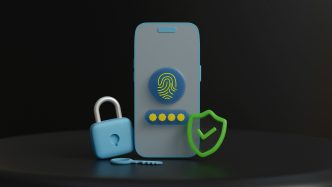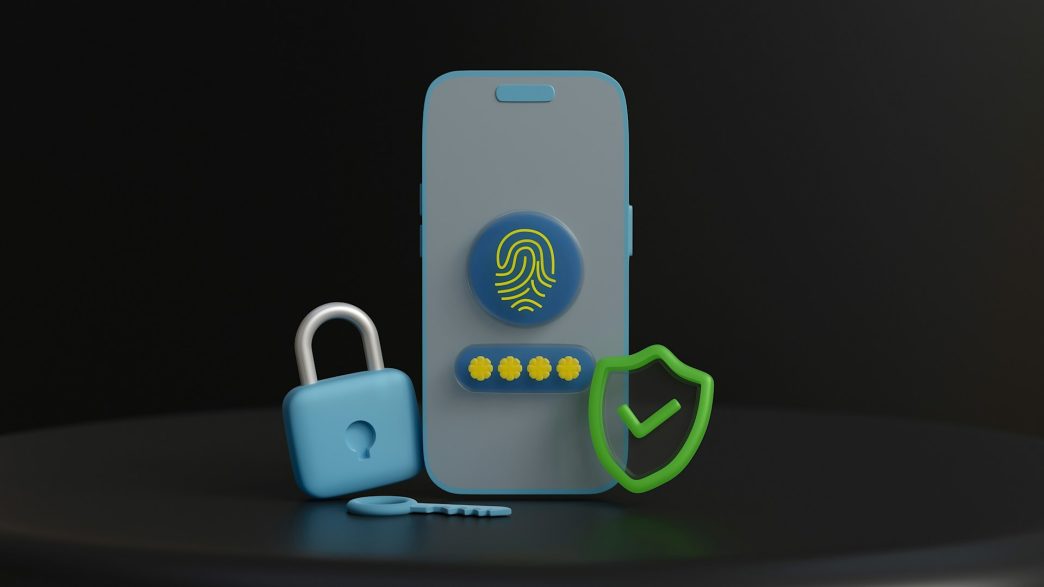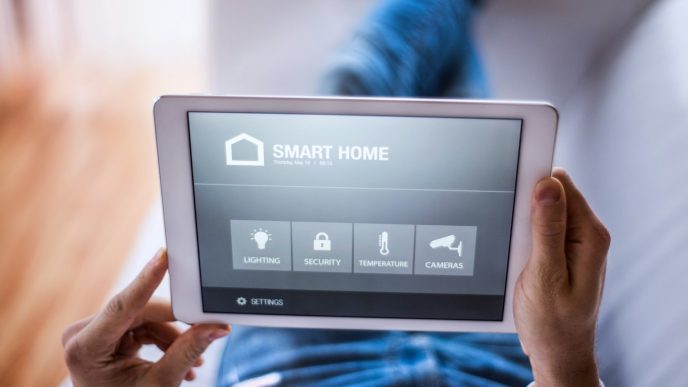Mobile technology has entirely changed how businesses operate. The smartphones and tablets have become the means through which employees, customers, and stakeholders conduct nearly all their activities, including communication, transactions, and the exchange of data. This transformation has brought unprecedented convenience and efficiency; however, it has come with new challenges. The connectivity of mobile devices and the sensitivity of information stored on them mean that cybercriminals are increasingly targeting them. The mobile threat defense solutions come into play here. They protect devices, applications, networks, and data against multiple security threats so that organisations can maintain healthy operations in the online environment. Various industries present special problems in terms of sensitive data protection. Nonetheless, certain sectors benefit more than others through embracing contemporary mobile security practices.
- The value of Mobile Threat Defence.
It is worth discussing why mobile threat defence is necessary before delving into the industries that gain the most. Mobile devices are frequently vulnerable to open networks, third-party applications, and diverse user habits, unlike conventional desktops and office environments. These aspects augment the vulnerability to attacks, including phishing, malware, data leaks, and device manipulation. Mobile threat defence offers various security controls to halt such intrusions in real-time. It provides a secure environment for single devices and whole enterprise networks, such that mobility and flexibility do not come at the cost of security.
- Financial Services Industry.
Financial services are one of the sectors that extensively rely on mobile technology. A modern customer relies on mobile banking applications, electronic wallets, and stock trading platforms in everyday life. Mobile tools are also employed by financial institutions to report internally and manage customers at the enterprise level. The risks associated with cyberattacks are inherently high, with money being involved. Mobile threat defence can assist banks and other financial organisations in securing transactions, safeguarding customer credentials, and avert fraud. It guarantees that customers and staff members can access financial services in secure online spaces.
- The Healthcare Industry
Healthcare is becoming more and more digitalised, as mobile applications are now used to store patient records, schedule appointments, and even offer telemedicine. Cybercriminals are particularly interested in healthcare systems because sensitive health information is probably one of the most personal data of a person that can be shared. Mobile threat defence in healthcare makes sure that patients’ records are maintained securely, staff members are able to utilise mobile devices to coordinate treatment plans safely, and that apps are not invaded by malicious intrusions. The extra security level also assists organisations in adhering to heavy data protection regulations regularly applied in the healthcare industry.
- The Government and Public Sector.
Government departments receive huge volumes of personal citizen data and also administer essential services. As more employees work on mobile platforms, the probability of breaches and abuse increases. Mobile threat defence solutions enable the government to track threats on the fly and safeguard official communication. These solutions keep government businesses, keeping its citizens trustful as it adopts newer and more digital methods of operation.
- The Retail and E-Commerce Industry.
Retailers and online business organisations are overly dependent on mobile platforms to access consumers and supply chains. Customers usually shop via apps where payment information and address are saved. Mobile devices are employed in inventory management, logistics and customer service on the organisational side. Mobile threat defence services assist retailers in avoiding fraud, safeguarding in-app payments, and guarding sensitive customer profiles. This protects the data as well as enhancing customer trust in online shopping experiences.
- The Education Sector
Mobile devices have also become a common part of education. Smartphones and tablets are used by students to access e-learning platforms, and teachers and administrators use apps to schedule and manage online classrooms. As education platforms, in many cases, store personal information and even financial details, higher security levels are essential. Mobile threat defence will make sure that students and faculty are able to explore digital education without concern about safety, and that virtual learning can be expanded without compromising protection.
- The telecommunications Industry.
Telecommunication firms do not just offer services but also maintain the complicated networks through which huge amounts of data are transferred every day. As they are the core of connectivity, any outage might impact millions of users. Mobile threat defence assists telecom providers in protecting their infrastructure, their mobile applications, and the customer information they handle. In detecting and preventing harmful patterns in the early years, these firms ensure the dependability of their services and keep end-users safe from unknown risks.
- The Legal Industry
Law firms and legal departments handle sensitive documents, case facts, and confidential communications. A lot of this has shifted to mobile devices to make it more convenient, yet there is no defence in place, making it easy to be exposed. Mobile threat defence provides legal professionals with a sense of calm, to avoid unauthorised access to data related to the case, to make sure that confidential communication is not disclosed, and to make the industry adhere to ethical principles of client protection.
- The Manufacturing Industry
Mobile technology in manufacturing is at the centre of supply chain management, tracking production units, and facilitating workforce collaboration across locations. Smart factory operations and connected machinery with IoT integrations can also be supported by mobile devices. It is necessary to safeguard such sophisticated ecosystems against threats since the outcomes of cyberattacks may involve disruptions in operations. Mobile threat defence maintains the safety of industrial apps and devices to keep productivity and operational efficiency intact.
Conclusion
Advanced security solutions are beneficial in every industry that relies on mobile platforms. Finance, health care, government, retail, education, telecommunication, legal, manufacturing and hospitality sectors are the most affected ones. Mobile threat defence enables these industries to safeguard sensitive information, safeguard customer confidence, and ensure the consistent operation of the business. In the case of growth-intensive firms like doverunner, the investment in these security structures is not merely a defensive mechanism, but an investment strategy that guarantees resiliency, reliability and future success in a marketplace that is increasingly mobile-based and driven by digital transformation initiatives.









